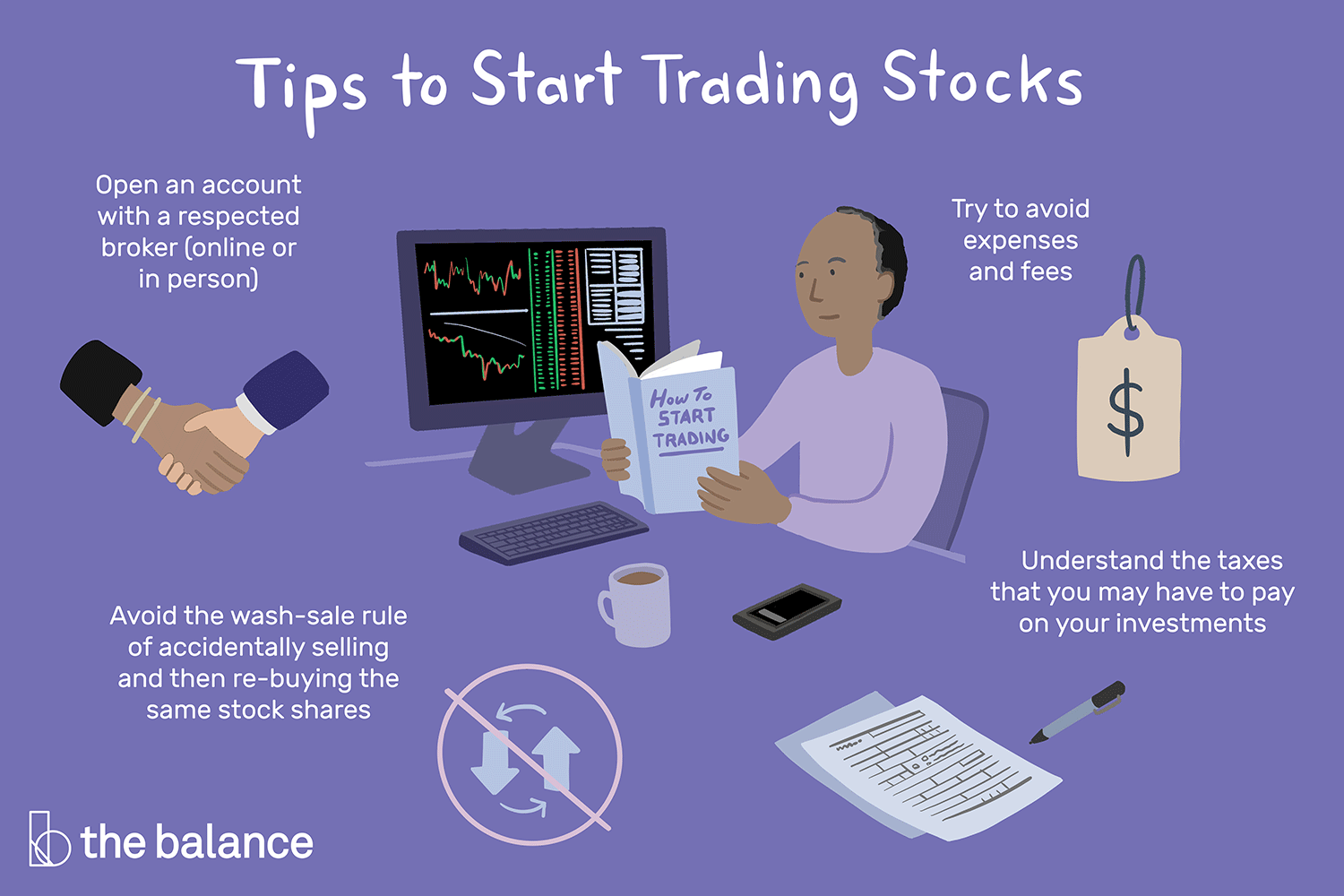Share Market Trend Forecasting: Strategies for Successful Trading

Introduction
Share market trend forecasting is a crucial aspect of successful trading. Traders employ various strategies to maximize their profits and minimize risks in the ever-changing market environment. In order to effectively navigate the share market, it is essential to have a solid understanding of different trading strategies, including daily trading strategies, forex strategies, stock trading strategies for beginners, and techniques to predict market demand and forecast future trends.
1. Daily Trading Strategy
A daily trading strategy focuses on short-term trades within a single day. Traders who adopt such a strategy aim to take advantage of intraday price movements in order to generate quick profits. These traders closely monitor price charts, technical indicators, and news events throughout the day to identify potential opportunities.
One popular daily trading strategy is scalping, where traders make multiple small trades with tight stop-loss orders aiming for small but frequent gains. Another approach is momentum trading which involves capitalizing on strong trending moves by entering positions based on breakouts or pullbacks.
2. Forex Trading Strategies
Forex (foreign exchange) markets offer excellent opportunities for profit due to their high liquidity and round-the-clock nature. However, successfully navigating these markets requires specific forex trading strategies.
One common forex strategy is trend following, wherein traders analyze long-term currency trends using technical indicators such as moving averages or chart patterns like flags or triangles. Contrarily, range-bound traders focus on identifying support and resistance levels within which currencies tend to trade sideways while employing oscillators like RSI (Relative Strength Index) or Stochastic Oscillators.
Additionally, breakout traders look out for significant price movements above key resistance levels or below crucial support levels as potential entry points into new trends.
3. Stock Trading Strategies - Beginners' Focus

For individuals new to share market investing/trading learning effective stock trading strategies can be overwhelming initially; however, focusing on some fundamental approaches can be beneficial.
One popular strategy is value investing, where investors identify undervalued stocks by analyzing financial statements and company fundamentals. This approach aims to buy stocks perceived as below their intrinsic value and hold them until the market recognizes their true worth.
Another beginner-friendly strategy is dividend investing, which involves selecting companies with a history of consistent dividend payments. Such investments provide regular income while allowing for potential capital appreciation.
Additionally, growth investing focuses on identifying companies with high-growth potential. Traders employing growth strategies often invest in technology or innovative sectors where rapid expansion is expected.
4. Predicting Market Demand

Successfully predicting market demand plays a vital role in trading decisions. By understanding economic factors and consumer behavior patterns, traders can forecast future trends more accurately.
Demand forecasting techniques include statistical analysis of historical data to identify recurring patterns and trends related to specific products or services. Additionally, qualitative methods such as surveys, interviews with industry experts, and competitor analysis help gather valuable insights into changing consumer preferences and emerging market dynamics.
Moreover, advanced machine learning algorithms have gained popularity in recent years for predicting market demand based on large datasets encompassing various economic indicators like GDP growth rates, employment figures, inflation rates, etc., along with social media sentiment analysis providing real-time consumer feedback.
To end with
Trading successfully in share markets requires adopting effective trading strategies tailored to different asset classes like forex or stocks. Daily trading strategies allow traders to capitalize on short-term price movements within a single day using techniques like scalping or momentum trading. Forex trading strategies focus on analyzing currency trends using technical indicators while considering breakouts or range-bound scenarios. Stock traders may adopt value investing approaches focusing on undervalued stocks; dividend investing targeting consistent income streams; or growth investing aiming at high-growth companies' shares. Lastly, predicting market demand relies heavily on utilizing historical data analysis combined with qualitative research methods along with incorporating technological advancements such as artificial intelligence algorithms for accurate forecasting.
By implementing these strategies and keeping up with the latest market trends, traders can enhance their chances of success in the share market while minimizing risks associated with trading.
